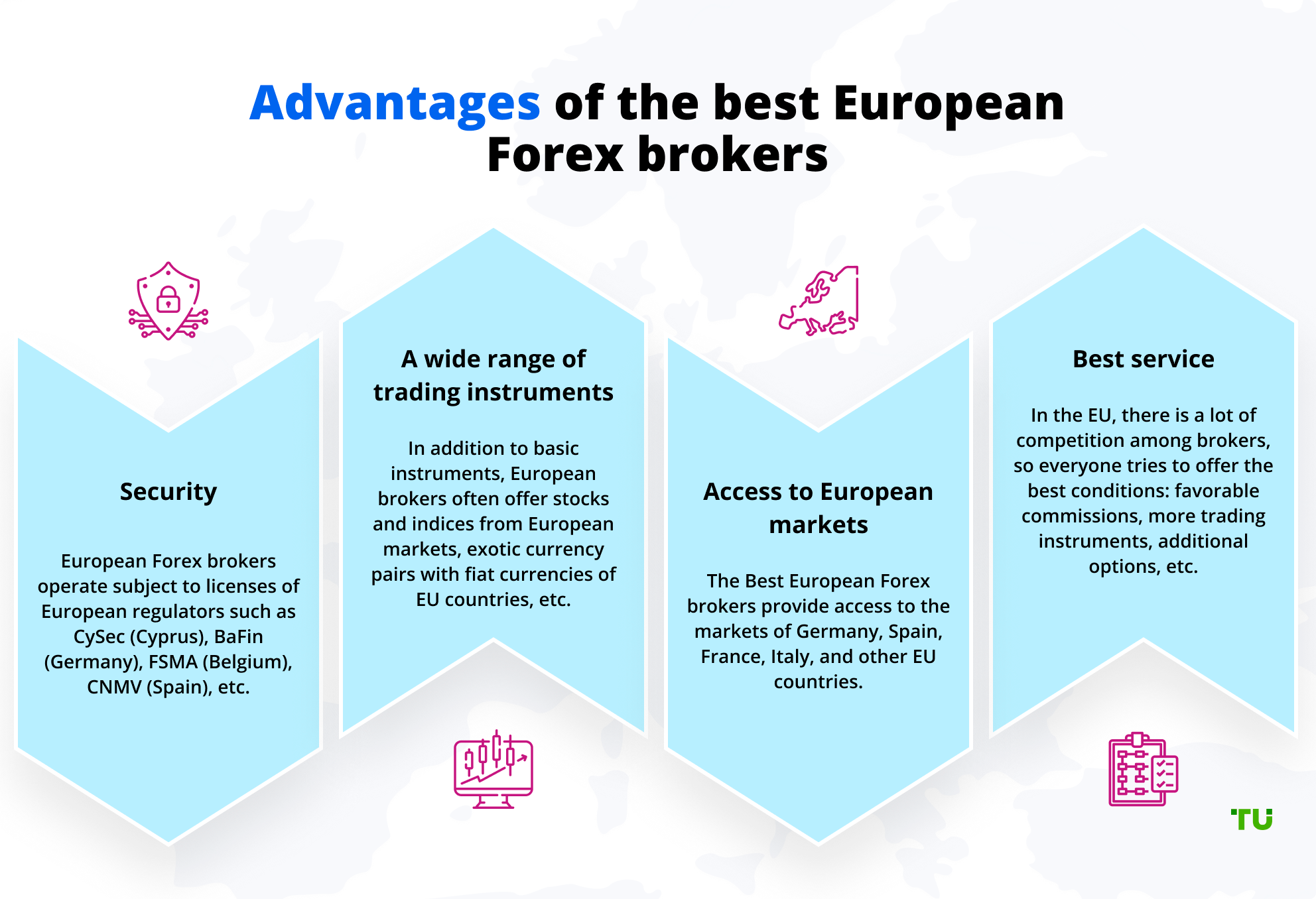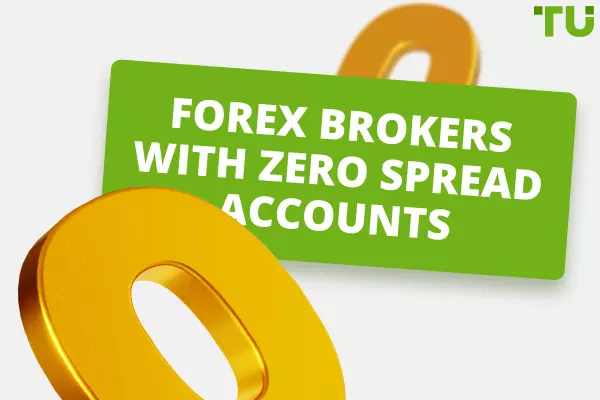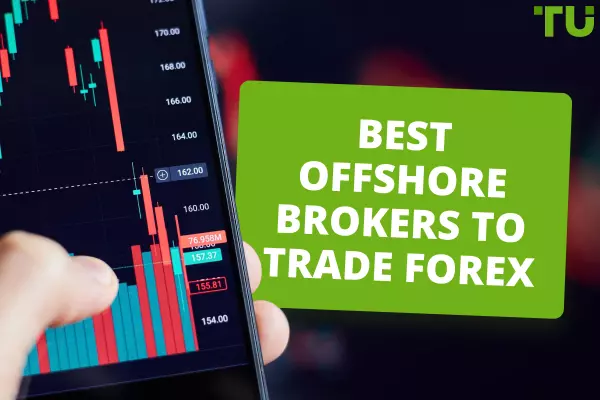Is Forex Regulated in EU?
Europe is one of the continents with the most powerful financial markets, with cities like London, Paris, Frankfurt, and Zurich boasting some of the world's largest Forex markets. With so much at stake, it's no surprise that Forex trading in Europe is heavily regulated.
Forex regulations in Europe are crucial to ensuring fair and transparent trading and safeguarding investors from fraudulent activities due to the size and complexity of the market.
Europe's Forex laws are a blend of EU-wide laws and laws that apply only to certain nations. The Markets in Financial Instruments Directive (MiFID), which went into effect in November 2007, is one of the most significant laws that apply to the entire EU.
By introducing a unified regulatory framework for investment services across the EU, MiFID is intended to enhance investor protection and increase market transparency.
Investment firms are required by MiFID to comply with several minimum standards, including having sufficient capital, staffing, systems, and controls, as well as being authorised and regulated by a competent authority in their home country.
Additionally, the directive calls for investment firms to take the necessary precautions to guarantee the best outcome for their clients when executing orders, as well as to disclose certain information to clients, including costs and charges.
Among the national competent authorities in charge of enforcing MiFID are the Financial Conduct Authority (FCA) in the UK, the Cyprus Securities and Exchange Commission (CYSEC) in Cyprus, and the Federal Financial Supervisory Authority (BaFin) in Germany.
These regulators are in charge of monitoring the operations of investment firms and making sure they adhere to MiFID regulations. If a company violates MiFID regulations, they also have the authority to impose sanctions, such as fines or revoking an investment firm's authorization.
One of Europe's most reputable Forex regulators is the FCA. The UK has an independent regulatory body that supervises financial markets and controls businesses that offer financial services.
The FCA is in charge of enforcing MiFID and making sure that investment firms adhere to its regulations. A public register of approved investment firms is also kept by the FCA, allowing investors to research companies before investing.
The Cyprus Securities and Exchange Commission (CYSEC) is the regulatory body in charge of monitoring the financial markets and controlling investment companies that offer investment services.
Additionally, CYSEC is in charge of enforcing MiFID in Cyprus and making sure that investment firms adhere to its regulations. Since it has a reputation for being a strict regulator, CYSEC has recently prosecuted several companies for violating MiFID regulations.











